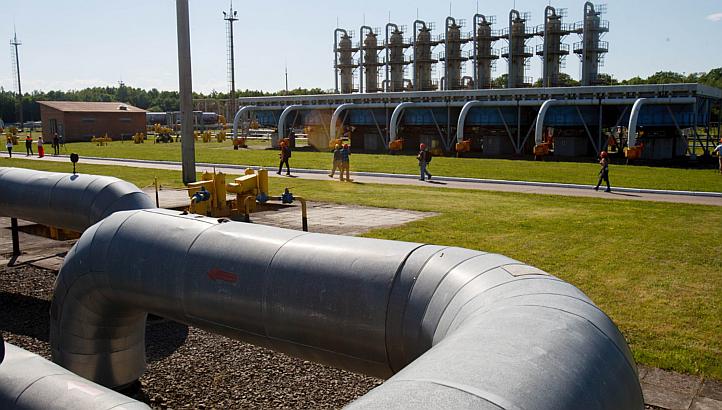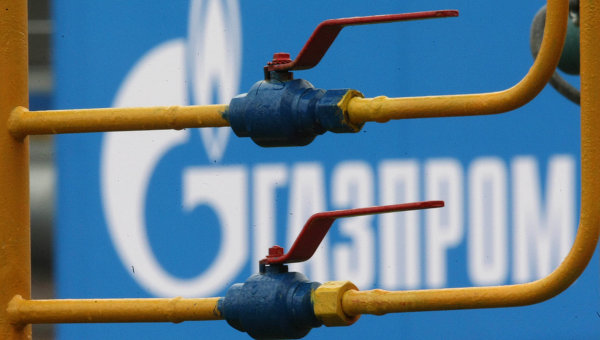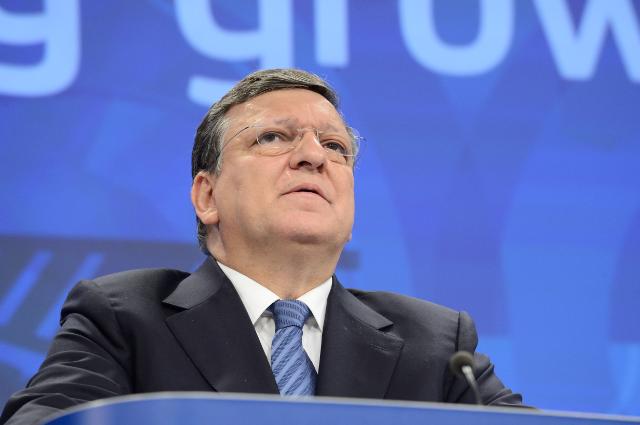As long as the trilateral talks among Russia, Ukraine and the EU are on-going, “gas flows should not be interrupted.” There’s a new actor in the gas war between Kiev and Moscow, the President of the European Community, José Manuel Barroso, who wrote a letter to the Kremlin leader, Vladimir Putin. It is a reply to the letter sent on May 14, 2014, to several Member States of the European Union by the Russian President, Vladimir Putin, in which Putin lamented that the EU was not doing anything to solve the problem of the Ukrainian debt towards Russia for its gas supplies. “It is imperative,” said a lapidary Barroso, “that all sides continue to engage in this process constructively and also agree on a future price that reflects market conditions.”
This is what Brussels expects, yet the situation is getting worse and worse, and gas supply from Russia to Kiev (and to the European Union) appear seriously at risk. Earlier this week, the temporary Ukrainian Prime Minister, Arseniy Yatsenyuk, rejected the request made by Russia to pay June gas supply in advance, condition imposed by Gazprom for continuing the gas supply to the country given the enormous overdue debt. Yatsenyuk ruled off that “the issue of advanced payments could be part of the negotiations.” Behind the refusal, the unilateral decision taken by Gazprom of doubling the gas price after the fall of the former pro-Russian Ukrainian President, Viktor Yanukovich, in February. This refusal could have significant consequences yet: the gas giant has already warned Ukraine. If it does not pay its overdue debt, on June 3 at 10 am. (Moscow time) gas supplies will be cut off.
In his letter to Putin, Barroso reminded the advancements of the negotiations managed by the Commissioner of the EU for Energy, Gunter Oettinger, with the Russian Minister Novak and the Ukrainian Minister Prodan. “At the first constructive and substantive ministerial meeting held in Warsaw on 2 May,” wrote President Barroso, “it was agreed to follow-up with technical discussions, which started on 12 May, as well as with further bilateral meetings.” Dialogues “have in particular covered the issue of the price for gas supplies to Ukraine and have established the willingness of the Government of Ukraine to pay the agreed upon arrears,” continued Barroso. Hence, he counts “on the Russian Federation to maintain this commitment.” The Commission President then called directly about Gazprom: it is its “responsibility to ensure the deliveries of the required volumes as agreed in the supply contracts with European companies.”
A structural solution to the gas issue, reads the letter, requires that “all parties commit to ensure transparency and market opening in the Ukrainian gas sector.” For this purposes, added Barroso, the European Union “is prepared to provide actual data on the incoming gas flow from Ukraine” and it counts “on both the Russian Federation and Ukraine to also commit in the short term to provide actual data on gas inflow and transit through Ukraine.”
The European Union, in conclusion, holds a “clear expectation that all sides will remain reliable and responsible supply and transit partners, which is also very much in their own interest.” The EU and other international partners have already provided significant financial support to Ukraine, and will remain committed.
“I also expect a constructive approach from the Russian Federation to solve the issues at hand,” concluded President Barroso.












![Una donna controlla le informazioni sul cibo specificate sulla confezione [foto: archivio]](https://www.eunews.it/wp-content/uploads/2014/12/Etichette-alimentari.jpg)
